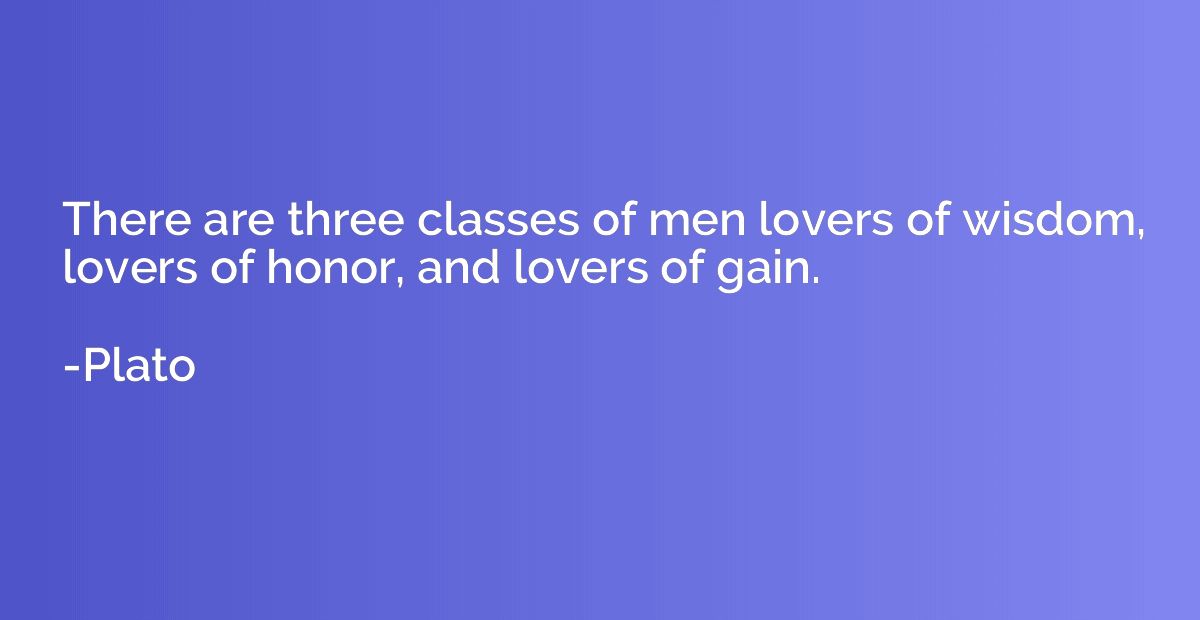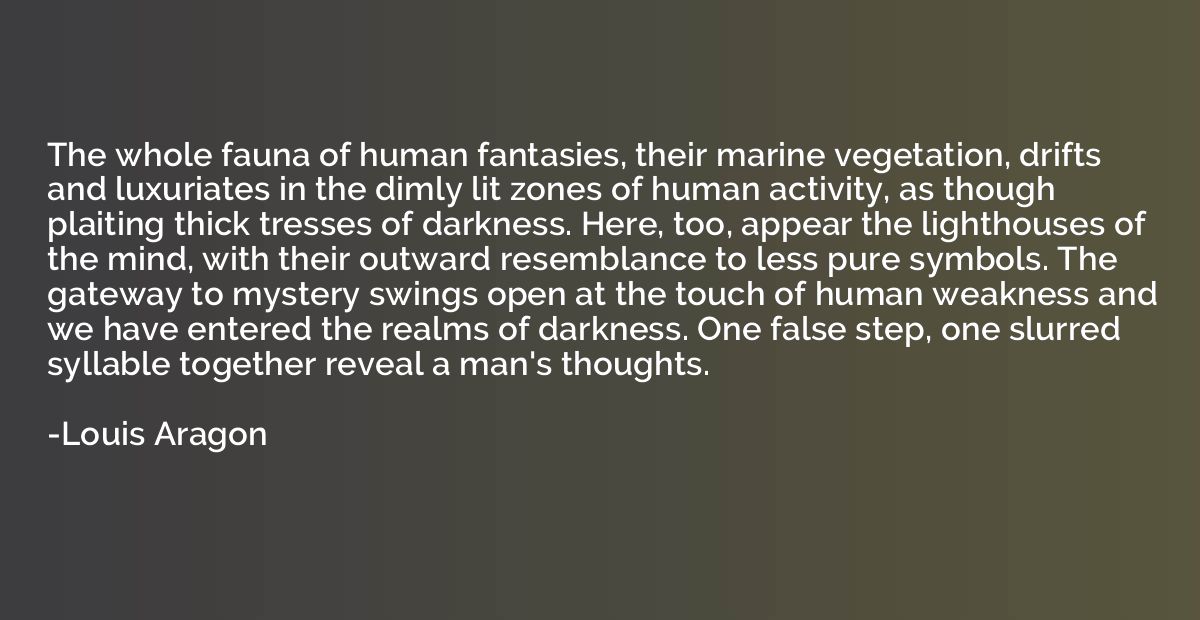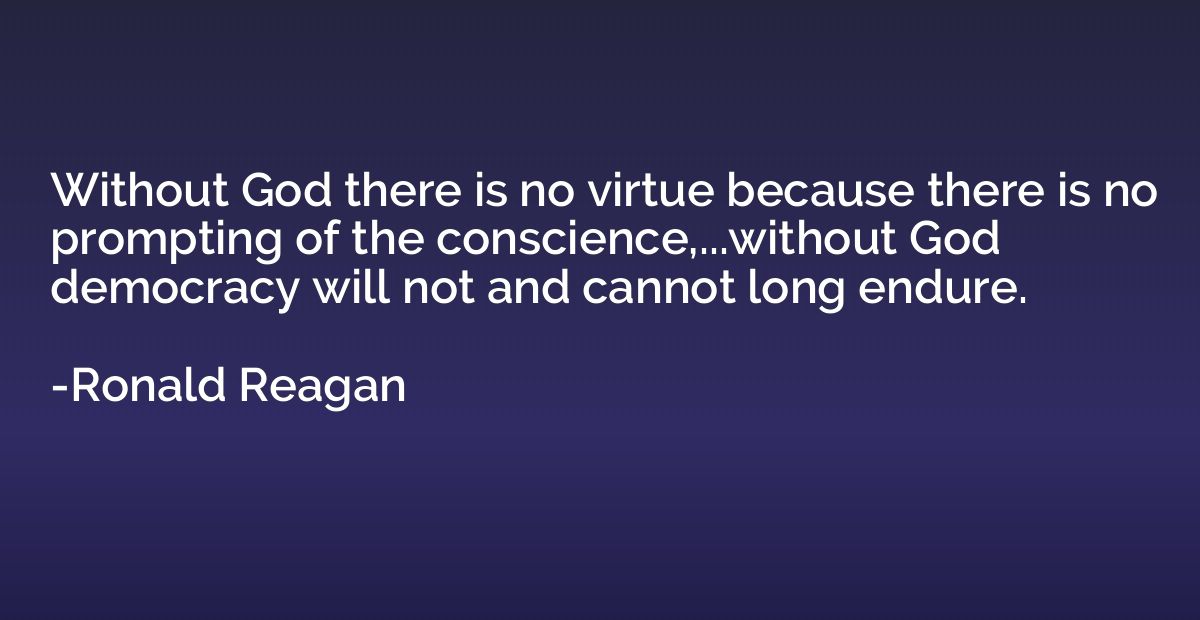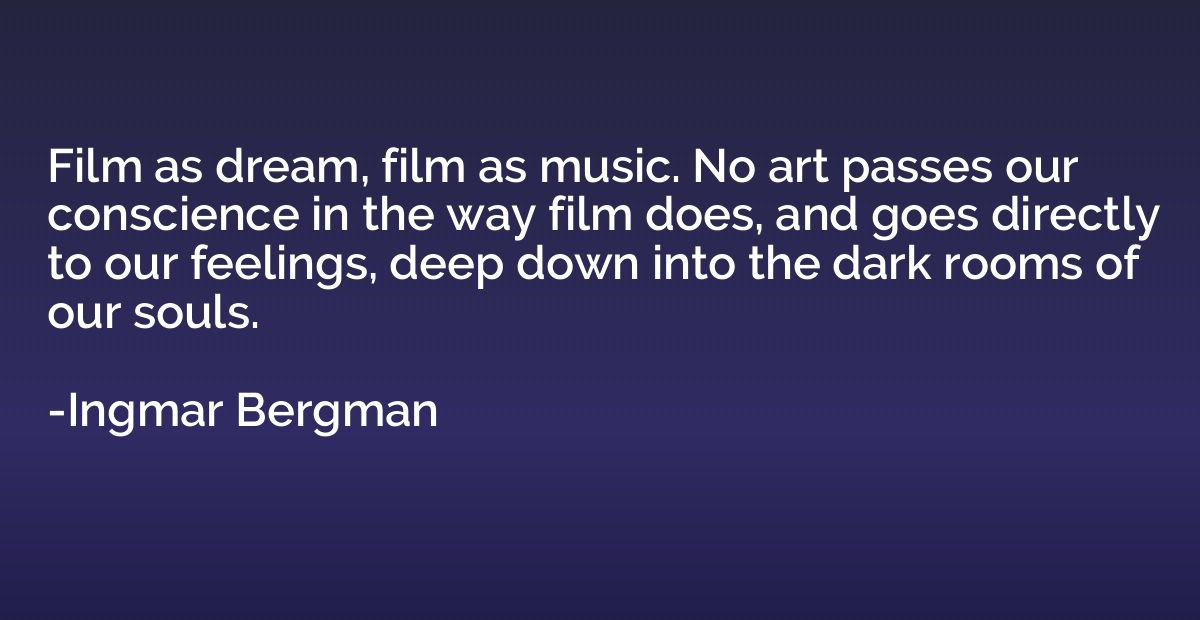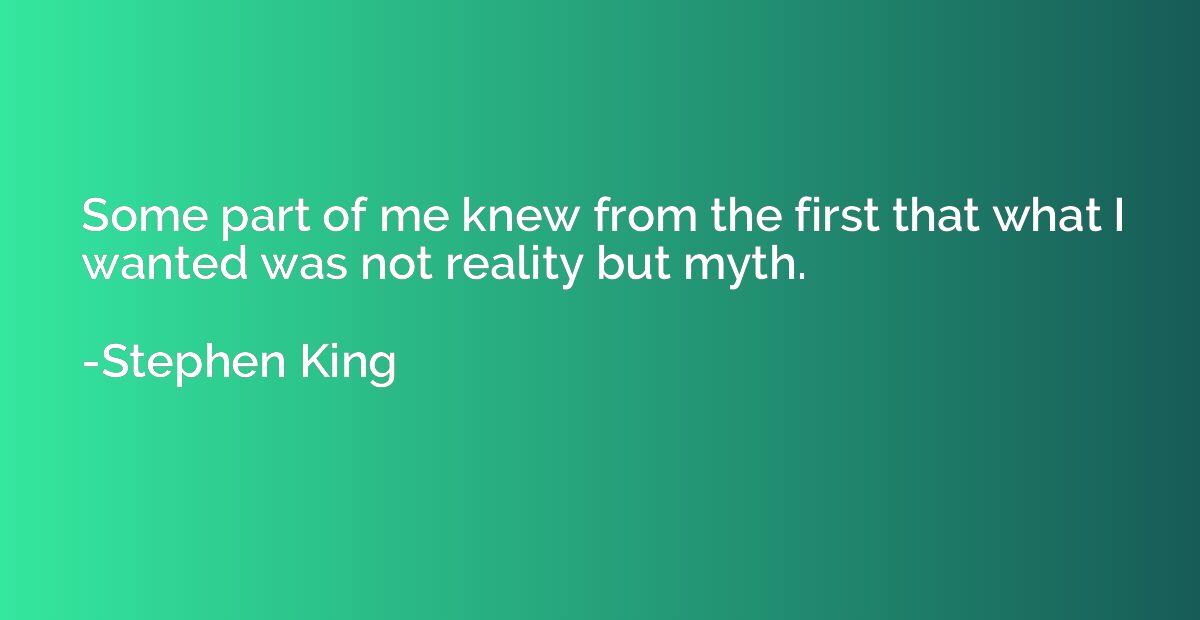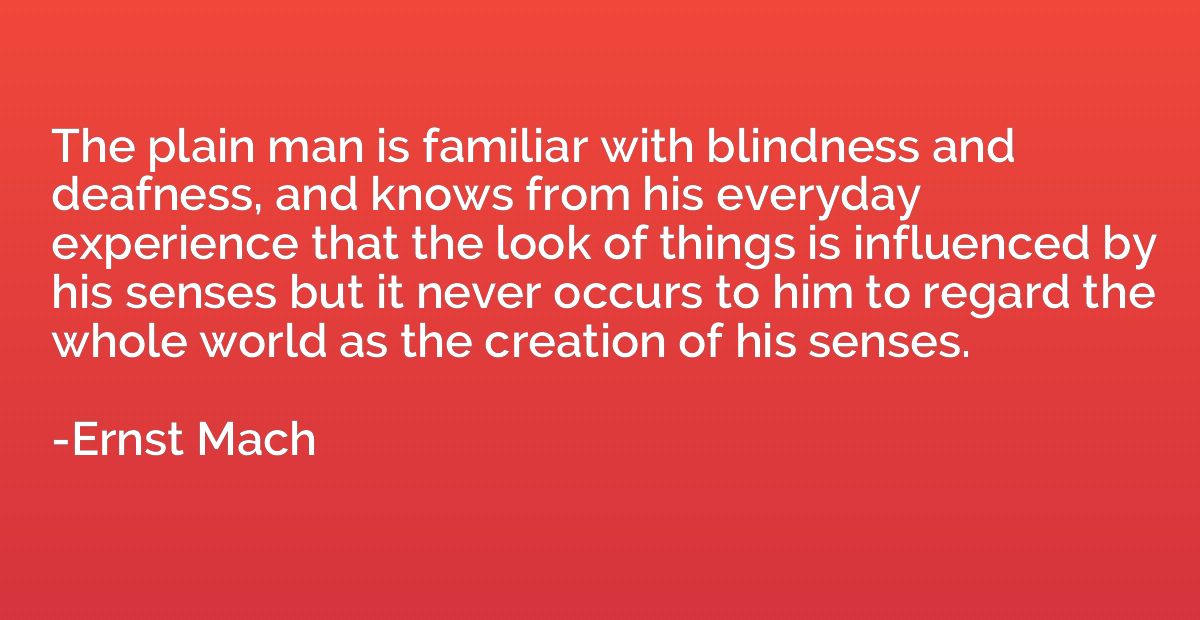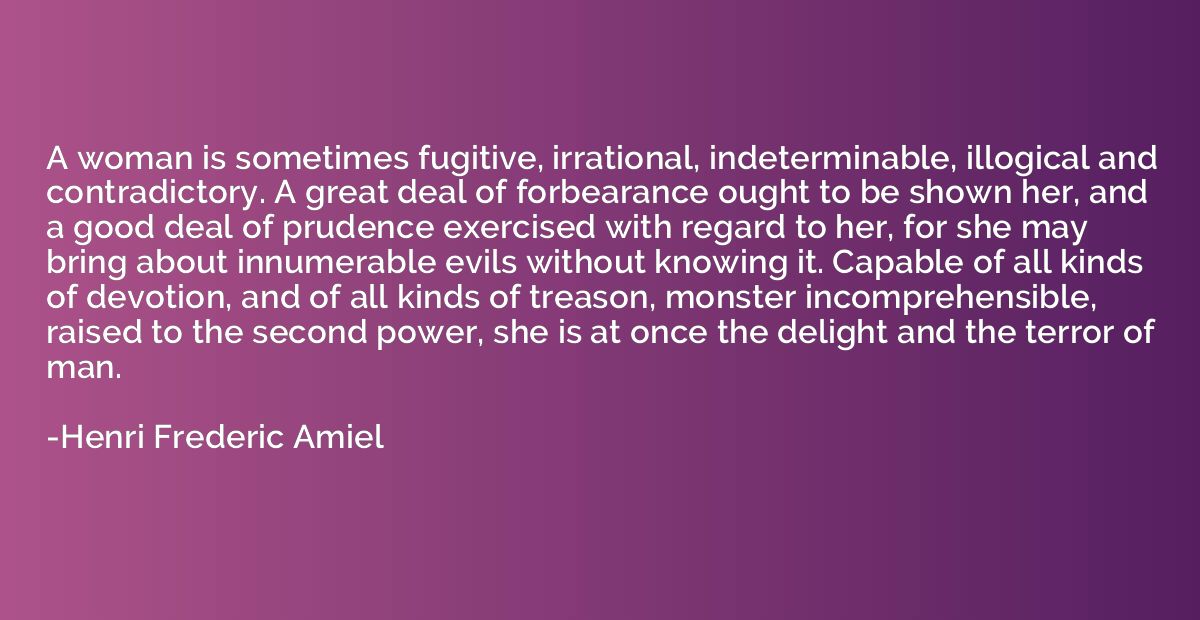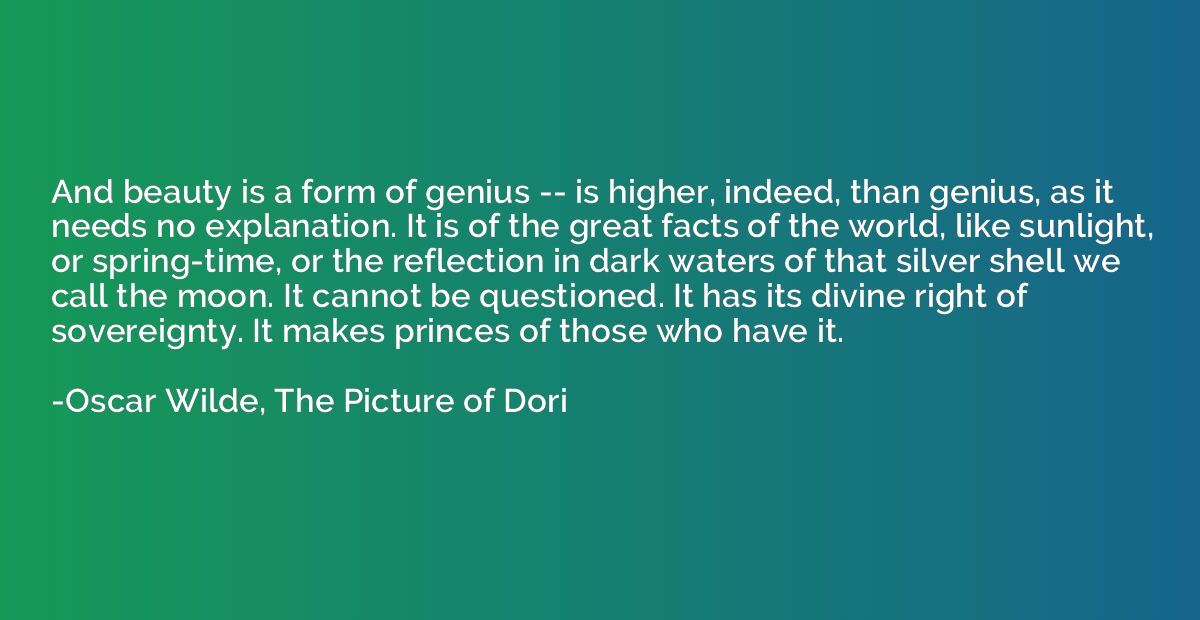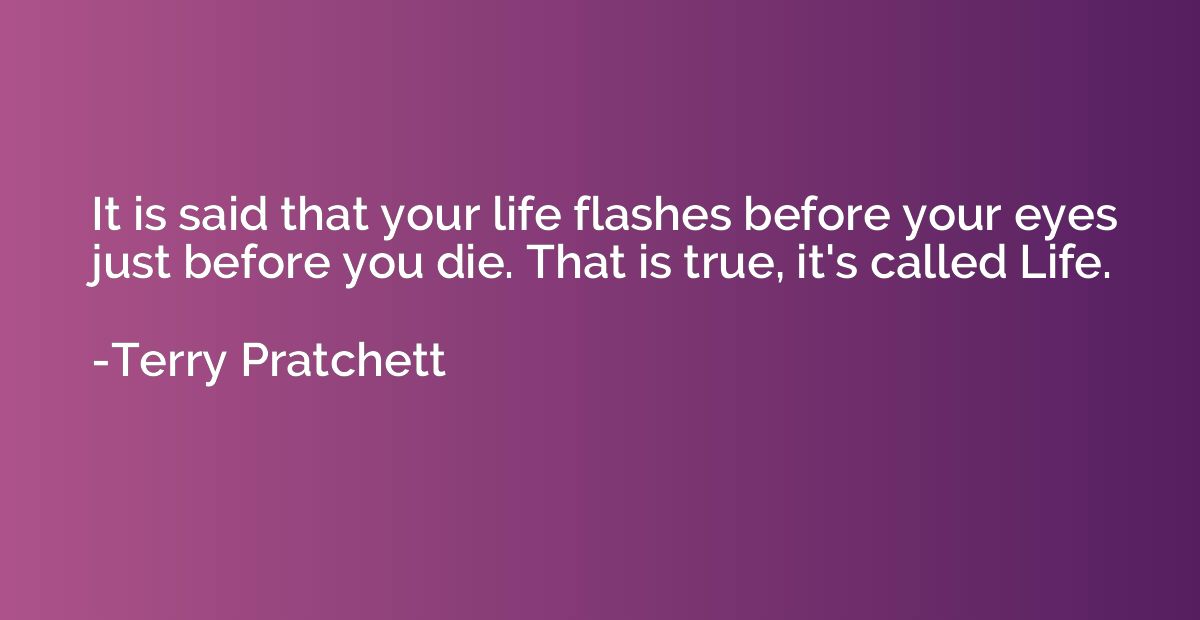Quote by Warren Mitchell
I knew that I did not have to buy into society's notion that I had to be handsome and healthy to be happy. I was in charge of my 'spaceship' and it was my up, my down. I could choose to see this situation as a setback or as a starting point. I chose to begin life again.

Summary
This quote emphasizes the speaker's realization that they do not have to conform to societal standards of beauty and physical health in order to find happiness. They recognize that they have control over their own life and perspective, viewing their circumstances as an opportunity for growth rather than a setback. By choosing to start anew, they display a willingness to take charge of their own journey and shape their own narrative.





